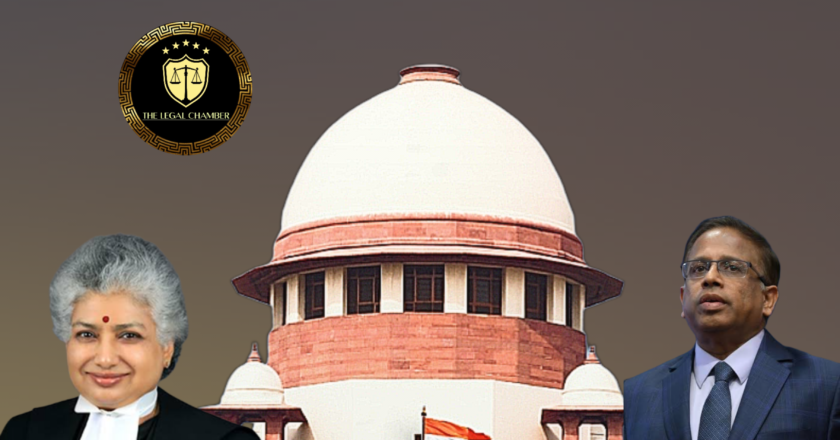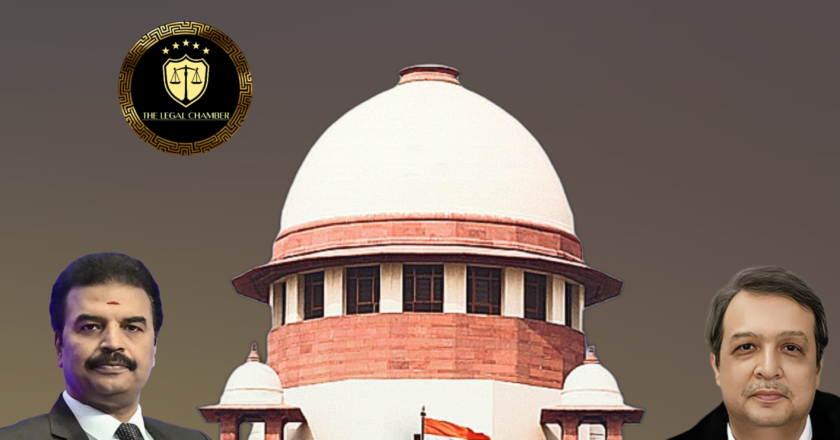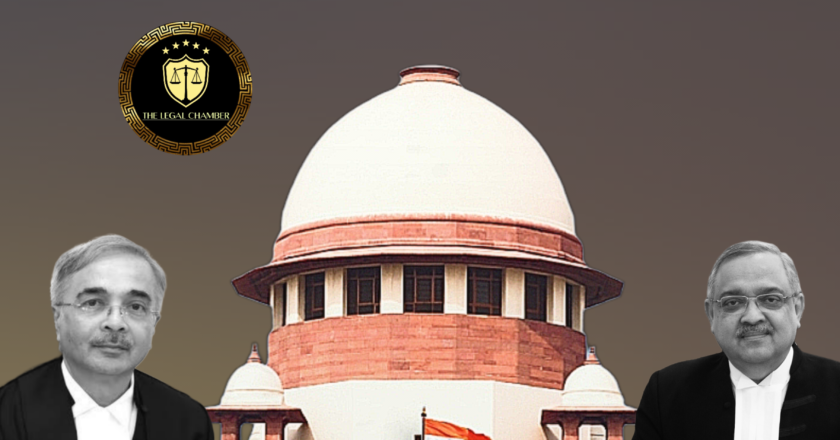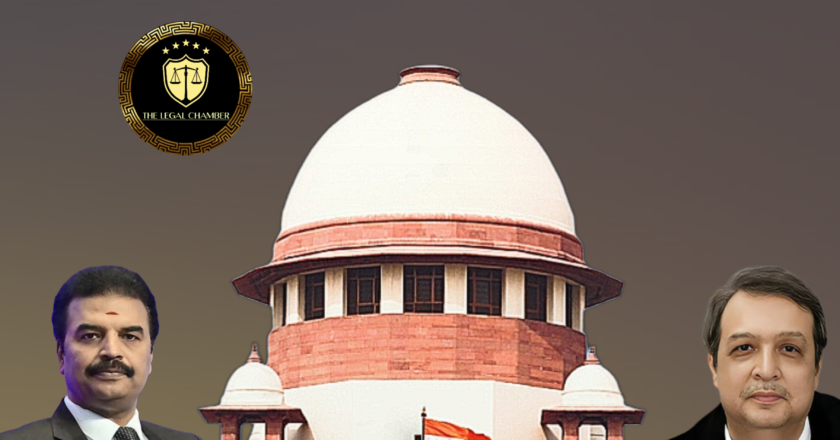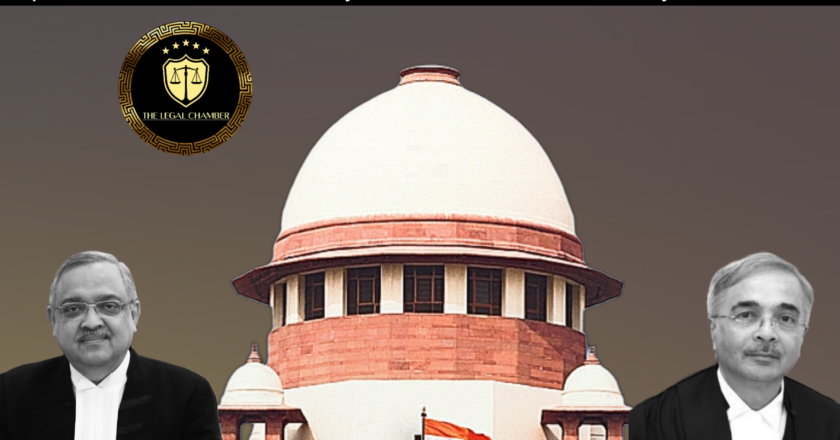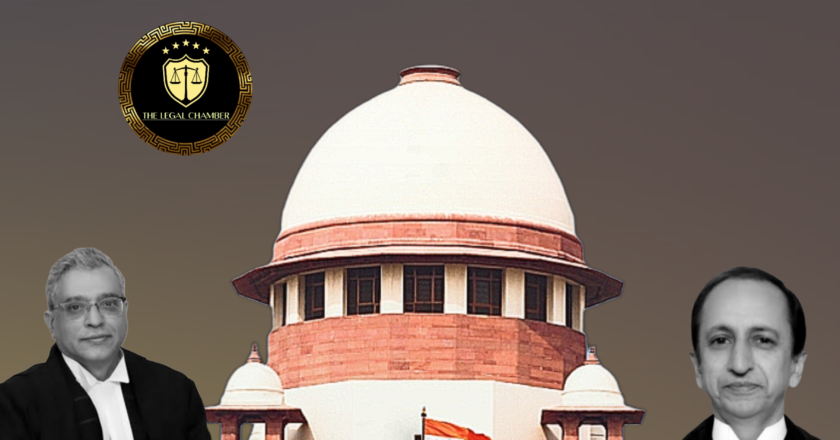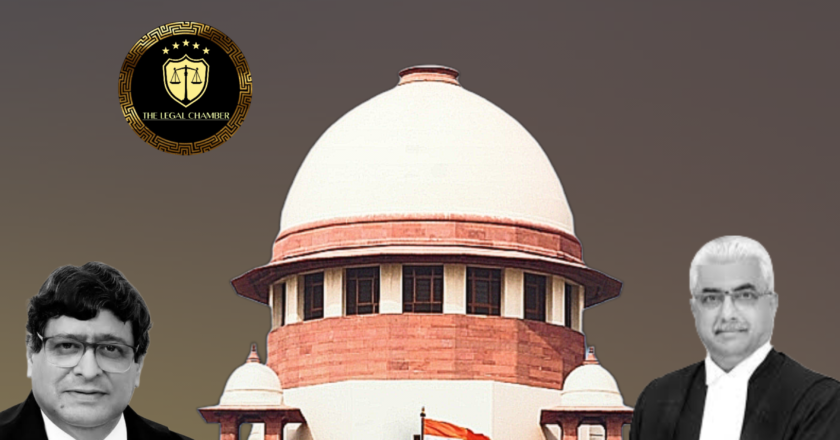Supreme Court Returns Children to Adoptive Parents, Prioritizes Family Bonds Over Procedure
The Supreme Court ruled that removing children from their adoptive parents violated the principle of the child's best interest, a cornerstone of juvenile justice law. Invoking Article 142 to ensure complete justice, the Court ordered the children's immediate return, prioritizing family bonds and rehabilitation over procedural non-compliance in adoption.
Facts Of The Case:
In a series of connected cases, multiple sets of appellants from Andhra Pradesh and Telangana claimed to be the adoptive parents of minor girls. They had adopted the children, ranging from two days to twenty days old, directly from the biological parents between 2021 and early 2024 under the provisions of the Hindu Adoptions and Maintenance Act, 1956. However, on May 22, 2024, police authorities forcibly took custody of...
